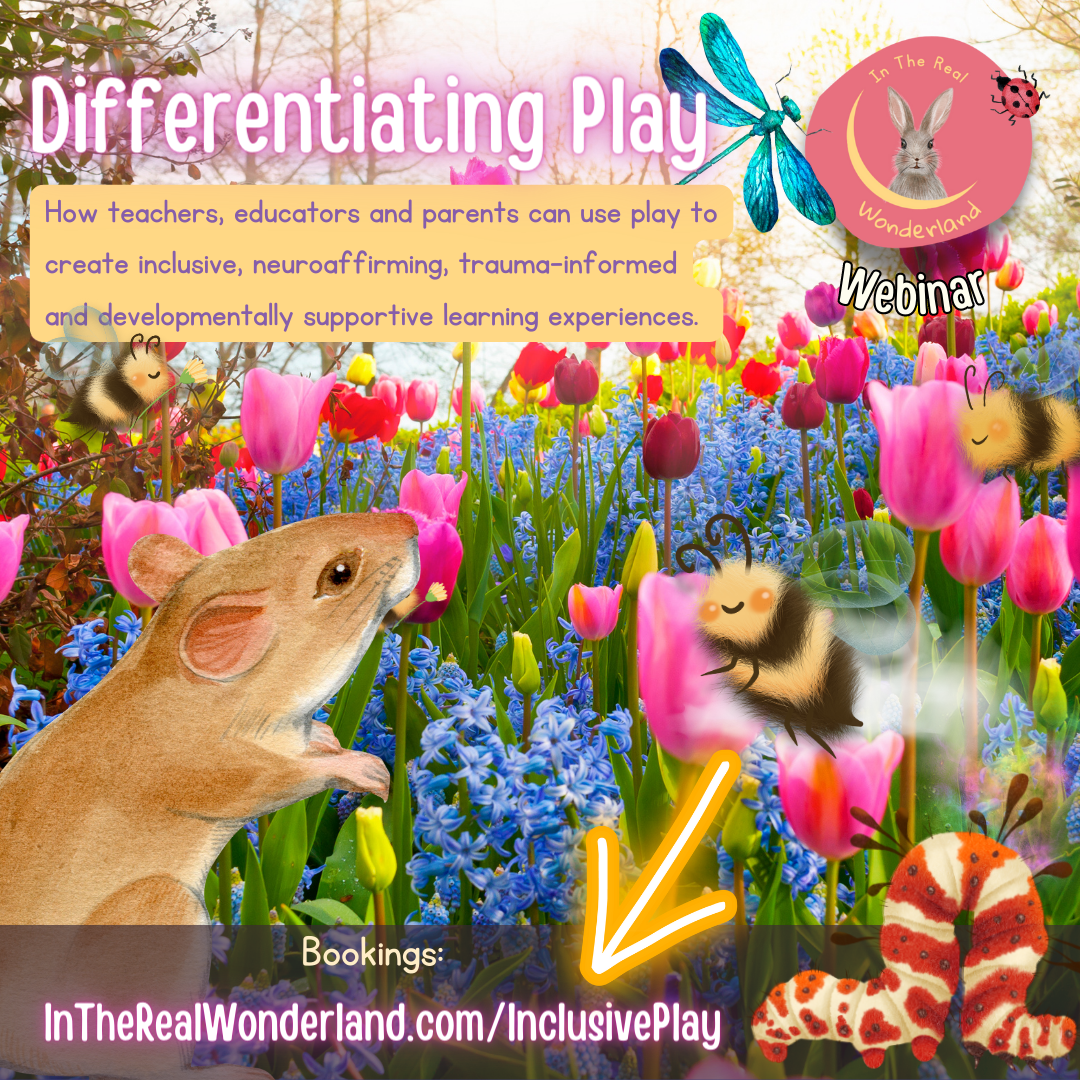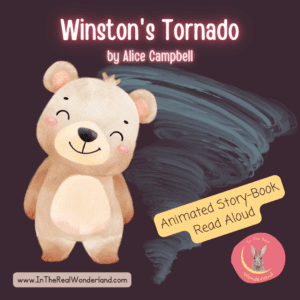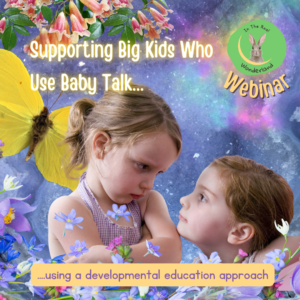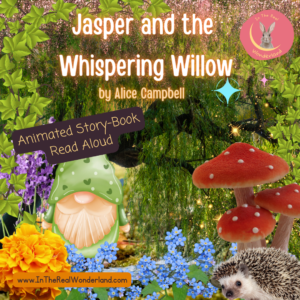Description
This is a live webinar for people who are interested in how to create inclusive, neuroaffirming play-based learning experiences that are also trauma-informed and developmentally supportive for all children.
The webinar will provide insights and skills to support authentic, inclusive and neuroaffirming play-based learning in individual and group settings. The content will include a combination of discussion and theory, case studies, practical examples and interactive activities. Members of the live audience will be able to ask questions.
Duration: 90 minutes
Join live on:
AEST – 21 May – 9am
PST – 20 May – 4pm
- A recording will be available to those who cannot attend the live webinar.
- All attendees must be individually registered with their own account, even if viewing as a team or in a workplace. This ensures that the presenter receives fair compensation for their work and expertise in researching, preparing and delivering this material.
- Attendees will receive a (non-accredited) Certificate of Attendance, on completion of viewing either the live or recorded webinar.
Content
In this webinar, Alice will guide participants through a step-by-step process for teaching and engaging children with play. However, this webinar is not a simple ‘how to’ guide. Instead of providing one-size-fits-all directions, Alice will focus on sharing her roadmap for creating inclusive play-based learning experiences. This map takes into account the perspectives and voices of the child, play partners, and adults. Using practical examples, case studies, and interactive activities, participants will learn to reflect on ways to use play-based learning that include and affirm all children’s ways of being in the world. The content covered in this 90 minute webinar includes:
1. Understanding Inclusive Play-Based Learning: An activity…or an experience?
- What is authentic play (and what isn’t).
- The qualities of play that support learning.
- The importance of non-play.
2. Play-Based Learning: The Adult’s Role
- The role of the adult.
- The educator’s perspective: Three types of play and how to plan for them.
- Rituals and routines.
3. Play-Based Learning: The Partner’s Role
- Play partners: friends and participants.
- The partner’s perspective: revisiting Parten’s stages of play development through an inclusion and neuroaffirming lens.
- Framing social play.
4. Play-Based Learning: The Child’s Role
- The child’s role in play.
- The function of motivation.
- The child’s perspective: Using Chazan’s framework for play complexity for deep play-based learning.
5. Inclusive Play-Based Learning: A Road Map
- Useful tools







Reviews
There are no reviews yet.